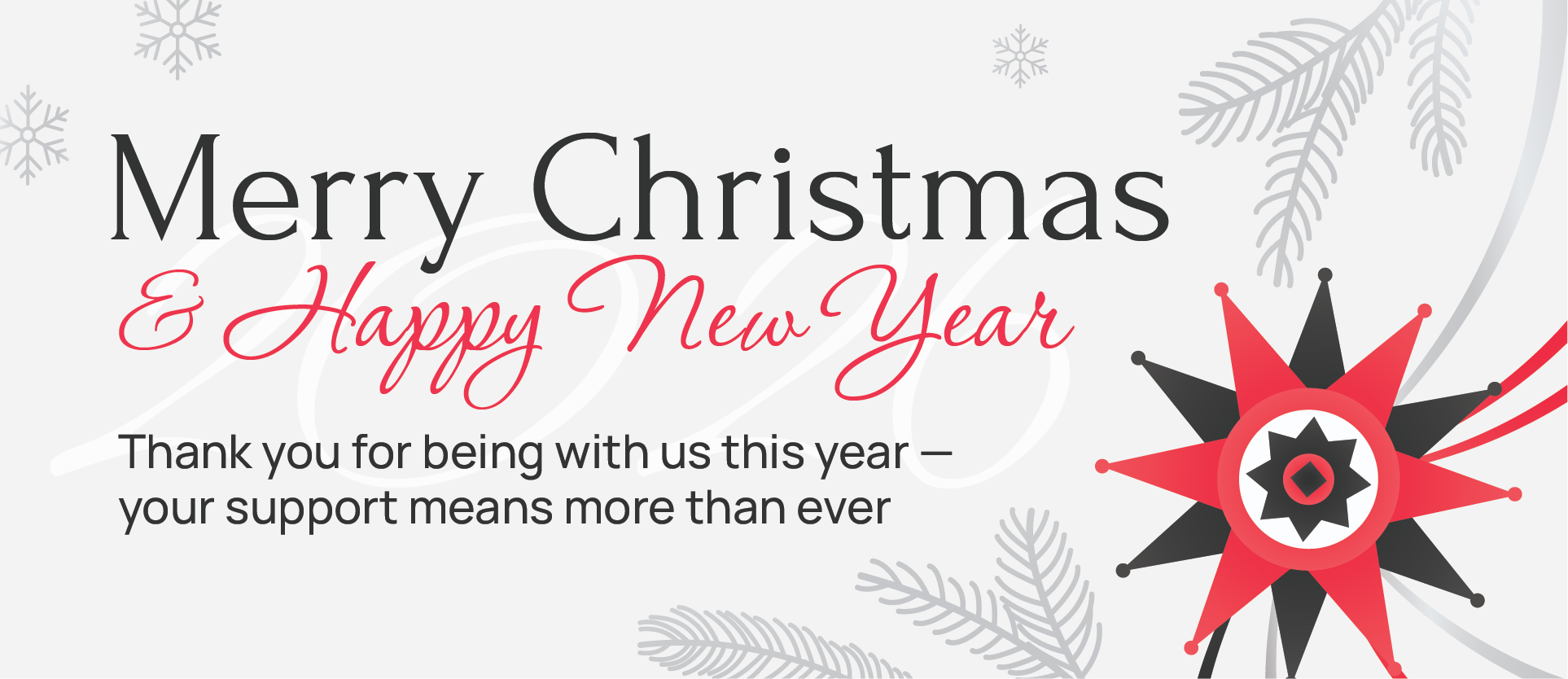Most of our language professionals are interpreters, rather than written translators. Nevertheless, it is beyond doubt that studying the art of translation teaches a great deal about the nuances of grammar, syntax, orthography. We recommend developing written translation skills as a wonderful tool for strengthen translating skills and vocab expansion.
Russian Written Translation Course
Objective
Instructors

Andriy is Official Interpreter to the Minister of Defence, Ukraine and has over 20 years’ experience of professional interpreting at the highest official level, including as official interpreter during intergovernmental summits, attended by presidents and top military commanders. He is Military Language Instructor at the Department of Military Translation, Taras Shevchenko Kyiv National University, as well as undertaking assignments as Conference Interpreter and Translator. He compiled and translated the STANAG NATO Terminology Dictionary, along with many briefings and manuals for the Joint Special Operations University (USA). In his role as Offical Interpreter, he is responsible for the translation of all documents officially signed by the Ministers of Defense in English.

Stacy is 1st Lt of the Armed Forces of Ukraine and newly appointed as Linguist/Interpreting Instructor at the Military Institute of Taras Shevchenko Kyiv National University. She has a Master’s Degree in Military Interpreting and ten years of experience. Her achievements include linguistic support during military exercises (Rapid Trident, Unifier, Sea Breeze etc), NATO command staff exercising and higher military command interpreting engagements. She has completed an interpreting course at the George C. Marshall European Center for Security Studies and participated in the written translation of the White Book of the AFU and STANAGs. Her extensive teaching experience includes training cadets and instructors. She is adviser on methodology development to NovaMova School of Languages and Area Studies.

Mykhailo works at the highest level of interpreting within financial, judicial, military and government sectors. He is a licensed interpreter for court proceedings and translator of legal documents. He has acted as Official Translator for the Annual Governors’ Meeting of the European Bank for Reconstruction and Development, as well as for board level meetings of the World Bank, NGOs and religious organizations. He has extensive experience translating and editing a range of publications, including press releases, newsletters, manuals, brochures, annual reports, tenders, technical and scientific documents. His linguistic understanding encompasses the fields of theology, counselling, leadership and management, politics, business, international development, TV, printed media, economics, marketing, insurance, banking, law, sociology, culture, police, chaplaincy, military, ICT, architecture and construction, agriculture, medicine, biology, general science and innovation. He is co-ordinator of National Adoption Assistance and is married with eight children.
Content
During the course we will focus on style and its impact on the translation process:
- consistency in the use of terms;
- translation of abbreviations;
- names of companies;
- governmental agencies;
- translation of country-specifics;
- units of measurement.
We also cover the basics of legal translation and the use of translation software (TRADOS, SMARTCAT and OmegaT, etc).






